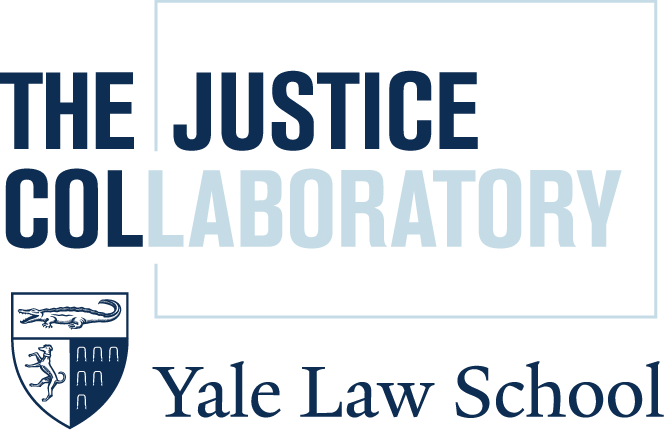JC Member Spotlight: Vesla Weaver
Building a first-hand body of witness to mass incarceration
Vesla Weaver is the Bloomberg Distinguished Professor of Political Science and Sociology at Johns Hopkins University. She has contributed to scholarly debates around the persistence of racial inequality, colorism in the United States and the causes and consequences of the dramatic rise in prisons.
Professor Weaver is the director of the American Prison Writing Archive (APWA) which aims to replace the misrepresentation of prisons and imprisoned people with first-person witness by those living in legalized confinement. The archive includes 3,000 essays from 1,000 authors.
Q. Why is the Archive important from both a current policy and historical perspective?
The Archive is a first-hand body of witness to mass incarceration for today and future generations. When people look back and want to understand what mass incarceration was (hopefully), they will have not just one or two stories, but 10,000 plus testimonials—across identities, communities, facilities, geographies, and every ideology—exposing the realities of prison, as seen and experienced by those inside the system.
The archive is important for researchers, journalists, policymakers, academics, and people building justice movements. It will help us map patterns in incarceration and examine questions like: how does it exploit people, what has changed over time, what lessons did it confer, what resistances took place?
From a policy perspective, my hope is that the archive begins to force a shift in the way we think about mass incarceration, and it is used as primary evidence to implement needed reforms.
Q: How does your perspective as a political scientist shape your role as Director of the American Prison Writing Archive?
When I started working on incarceration within political science, the field had a reverence for numbers and crunching stats from government agencies. Storytelling was discounted. In grad school, an advisor said, “Why would we believe these people? How do we validate their stories? They can’t be trusted to tell how incarceration has shaped their politics.”
I never bought that argument. I always believed strongly that if you want to fully understand anything, you must go to the people who live in the institutions—know them intimately—and hear how they describe what it is. Without their perspective, you are missing critical truths.
The archive has only deepened my belief that these stories are the best way to understand state authority.
Q. What can we learn from these firsthand accounts?
Every time I read an essay from the archive, something new stands out to me—the way in which people write, what it means to be guarded by the opposite sex, critiques of state power and racial criminalization, and how people navigate and build lives around them.
Each time you read a story, there may be a new truth in it. That is the power of the archive. It tells the truth, firsthand accounts, from people who have sophisticated perceptions of fairness, power, and community.
Q. What are your goals for the archive?
in the short term, we are growing the archive and incorporating the hundreds of new submissions we received in the last year.
We also want to focus on expanding the breadth of submissions. For example, we don’t have many people writing essays from Louisiana. Prison Legal News doesn’t enter facilities in that state, which is one of the primary ways we let incarcerated writers know about the archive. We also have too few essays from immigration detention, Latinx writers, and from women. In fact, less than ten percent of Archive writers are women. We would also like to expand our outreach to those in shorter-term confinement and those writing in Spanish.
Recognizing we are not the only organizations collecting these firsthand accounts, we want to join efforts with other archives to be a collaborative hub. For example, we are working with Penn America to archive the stories of writers who don’t win the contest.
It is also important to make sure that when people access the archive, they can easily find specific bodies of work and that it is organized and curated by themes—for example, labor, or surviving prison.
Most importantly we want the archive to ignite greater public awareness of mass incarceration and policy changes that benefit all people and communities impacted by it.
Professor Vesla Weaver

